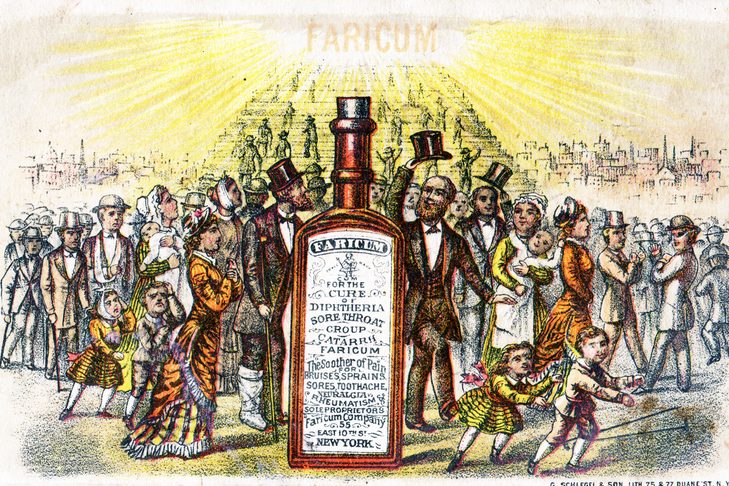Big Pharma, and the life sciences sector more generally, has always been susceptible to corruption. In fact, Transparency International, the NGO working to end the injustices of corruption and promote transparency, accountability and integrity, published a report in 2016 identifying pharmaceuticals as standing out as a sub-sector that was particularly
With
Register for free to keep reading
To continue reading this article and unlock full access to GRIP, register now. You’ll enjoy free access to all content until our subscription service launches in early 2026.
- Unlimited access to industry insights
- Stay on top of key rules and regulatory changes with our Rules Navigator
- Ad-free experience with no distractions
- Regular podcasts from trusted external experts
- Fresh compliance and regulatory content every day













